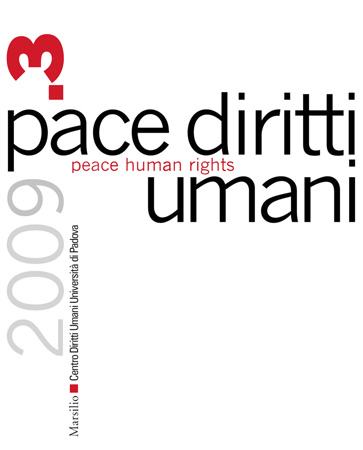Raccolte

Le indagini della Corte penale internazionale e i modelli tradizionali di giustizia e riconciliazione in Uganda: Whose Justice?
- Contenuto in
- Pace diritti umani - Peace Human Rights, 3/2009
- Tipologia pubblicazione
- Articolo / Saggio
- Pagine
- 25-58
- Lingua
- IT
The ICC Investigations and the Traditional Models of Justice and Reconciliation in Uganda: Whose Justice?
The international debate concerning the humanitarian crisis northern Uganda has been facing for more than 20 years, could be summarised with the following basic question: «Whose justice?». The ongoing transitional justice process in northern Uganda has been characterised from the beginning by the need to compare different meanings of «justice» and therefore by the challenge of choosing the «just» way, or at least an effective one, to solve a conflict situation through a prioritisation of the issues, in the light of competing local, national and international demands. After the 2004 International Criminal Court’s initiative, prompted by the Ugandan President, of starting an investigation over international crimes committed by the rebels, the actors involved in the conflict have eventually multiplied and so have the opinions, the interests and the mediation instances.
All this has not helped reach a comprehensive solution to the conflict. While on the one hand the request of the local population (mostly etnically belonging to the Acholi people) is rather clear (to obtain a rapid cessation of hostilities and a lasting peace) and apparently compatible with an amnesty for the members of the Lord’s Resistance Army (LRA) who will surrender, on the other hand the fate of the surrenders remains uncertain and the chance for a full reintegration and rehabilitation of former rebels appears to be scarce.
In fact the gravity of the human rights violations perpetrated by the LRA during the long-dated conflict undermines the possibility to see forgiveness as the solution. While the Acholi people seems to prefer a non judicial avenue, the International Criminal Court, somehow «invited» by the Ugandan government, is still engaged in the case and willing to go ahead with the prosecutions and the trials, hence the factual stalemate.

